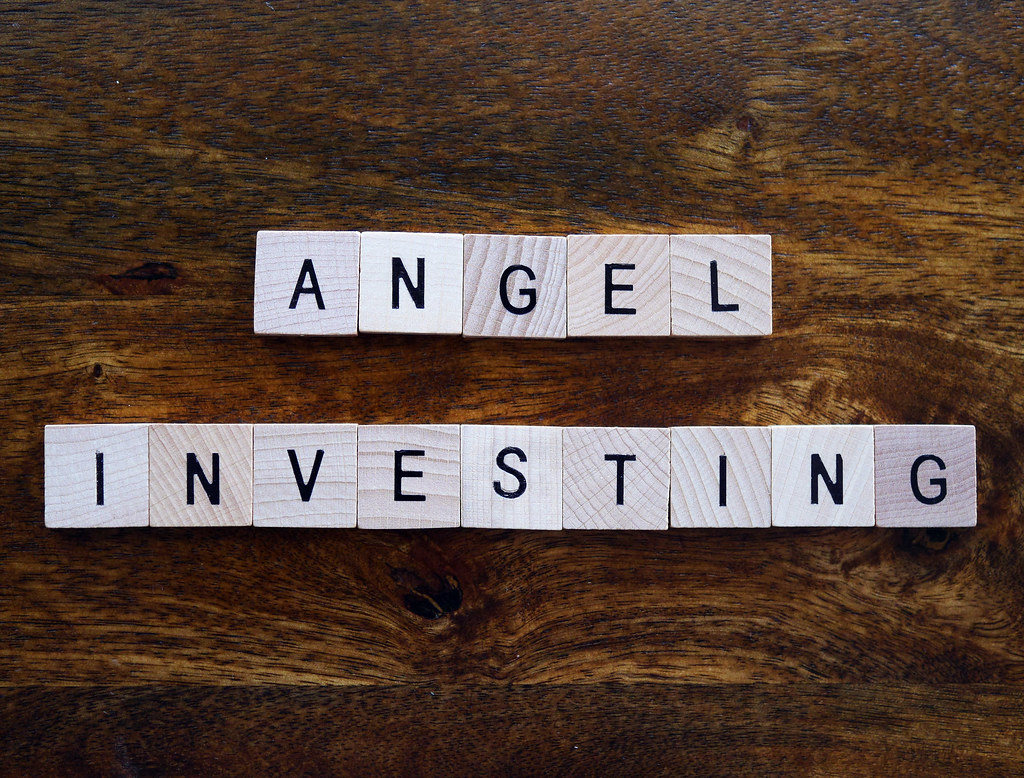tl;dr – Startup founders need to consider items beyond capital when choosing investors to join their team. You must assess investors for personality fit, fund horizon, time commitment, the ability to fill gaps, and belief in you and your team.
As a startup founder, picking the right investors for your company is one of the most critical decisions you will make. It is not just about finding an angels and VCs with capital. The relationship with your investors is like a marriage. You will likely be together for a long time and you will have to make decisions together. You want to make sure you are doing your due diligence and asking all the right questions. The right investor will empower you to make good decisions for your business. So, without further ado, here are 5 tips for picking the right investor for your startup.
1. You are picking a partner, not just a source of money
As previously mentioned, the partnership with your investor is like a marriage, only you cannot get a divorce. You need to consider when deciding to bring them on. You should ask yourself the following questions:
- Do you feel mutual respect and connection with this person?
- Are you worried they might take advantage of you?
- Do they have a rock-solid belief in your company’s mission and your team?
- Can you see yourself working with them through both good and tough times for years?
You are going to spend a significant amount of time with your investors, so it is important to find people with whom you can really connect and trust. These questions will help ensure they are the right fit,
2. Assessing the value-gaps that an investor can fill
Your investors should help you find your blind spots and help address any gaps your company may have. Here are some questions to ask yourself:
- What expertise do they bring to your business?
- Can they help you find partnerships or form customer relationships?
- Are they marketing wizards who can help you reach your target market?
- Do they understand your business model and industry?
- Do they truly understand the technology you are building?
You should look for investors who have a proven track record and even operating experience in an area that is relevant to your business model and industry. The strength of your investor can also make your business more attractive to other ideal investors down the line as it is a signal of the quality of your company. In short, it is important to consider the connections and “smarts” of the investors for the business you are trying to grow.
3. Consider how much time and commitment your investor will have for you
An investor’s money and expertise are only as good as the time they can dedicate to your business. Ask how many other boards they serve on, how frequently they expect to interact with you, and what they expect the communication protocol to be (i.e. how and when you will communicate). As an entrepreneur, you want to be able to establish how much of their time is needed and have the option to communicate with them whenever needed. Finally, you also need to determine if the investor has invested in any potential competitors and check for conflicts.
An ideal investor would be conflict free, have time to help your company, and be able to communicate with you in a cadence and manner that is beneficial for all.
4. Ask what the time horizon of their investment is
Most venture capital funds have a limited lifespan with most sunsetting in 10-12 years from formation. You might find that a long-term partnership is better for your needs than a quick exit. One important question that founders need to ask is, “in what year of the ‘J-Curve’ is the fund from which we are receiving investment dollars?” For example, if a fund has a ten-year lifespan, it is very different if the partner is investing at the beginning of that investment J-curve than at the end. You want alignment and transparency with your partner and the time horizon of how long someone expects to be in before expecting an event.
5. Do your due diligence and reference checking
Just as an investor will likely do a reference check on you, you should do a reference check on them. Most reference checks will likely have modest value because investors are only going to give names of contacts who will say mostly positive things. However, it is incumbent upon you to ask or find references and connections for investments where things did not go as everyone had hoped. If your investor is willing to share that information with you, ask them to share the names of those founders and CEOs. Your reference checking should be comprehensive and take both the good and bad.
If you do your homework, the relationship with your investors will be ones that grow your business into the one you had envisioned.




